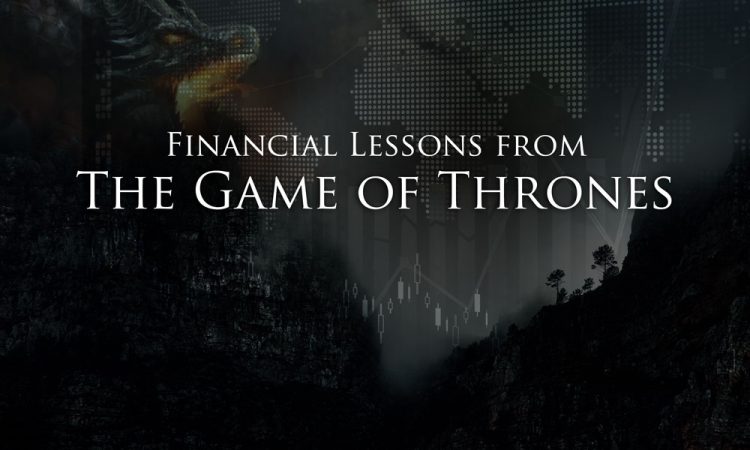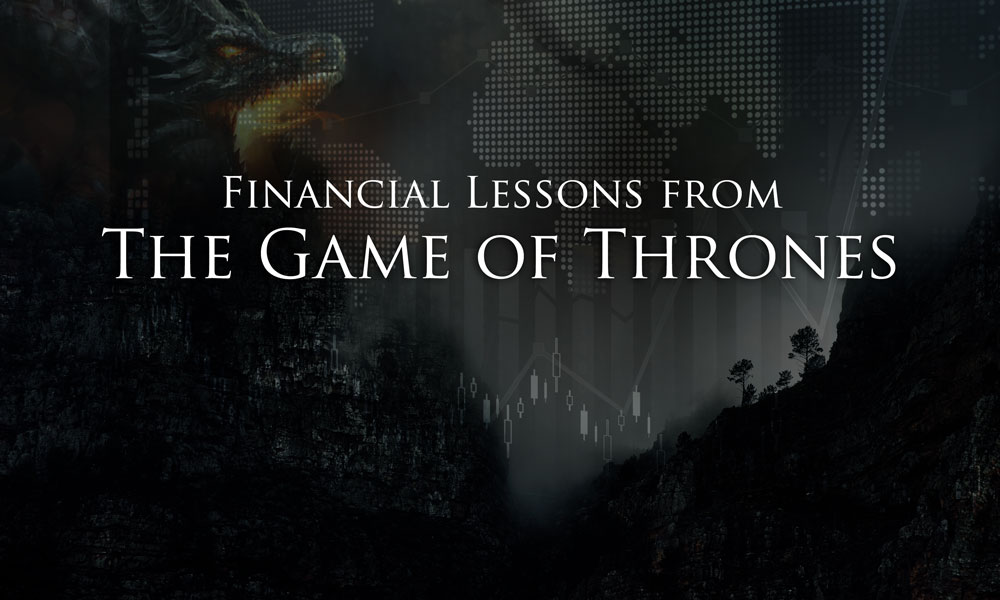
Game of Thrones has captured the imagination of an entire generation of fantasy and science fiction fans. Its unique storytelling and memorable characters have leapt from the screen and into our daily lives. If you search deep enough, you’ll quickly see that GOT offers up some important financial lessons for new and experienced investors looking to slay their own dragons in the market. Below are seven lessons from GOT that investors can take with them into the market.

1. “Winter is coming”
Signs of a long, gruesome winter emerged well before the December Solstice. Investors who heeded to the warning signs were able to find warmth in a difficult season, whereas those who ignored the calls found themselves in a highly undesirable position.
In our case, the prolonged downturn in commodity prices, which bottomed this past winter, had its origins in the warmer months. This should have provided investors with plenty of time to revaluate their positions before $26 a barrel oil became a reality in February. Let’s also not forget the massive equities selloff that kicked off 2016.
In the financial markets, it pays to be forward looking in order to get a sense of where the market might end up. In our case, “winter” can come at any time because it has several meanings (note: “Winter is coming” is never a good sign).
2. You need reliable investments
While most active investors leave plenty of room for speculating, they also realize that reliable investments are absolutely necessary for long-term success. Daenerys Targaryen took many risks, but did so knowing she can count on her dragons. At the end of the day, it’s the dragons that’ll help her reclaim the Seven Kingdoms, not her army of unsullied (no offense to those chaps). The same logic applies to investing. Speculation may have its place, but can never replace your long-term investment strategy.
3. Remove emotions from decision-making
Humans are emotional creatures (especially when there’s money on the line). Ned Stark found that out the hard way. His string of emotional decisions eventually cost him his head. Now compare his actions to Tywin Lannister, who made very few emotional decisions (OK, so Tywin gets murdered by his outcast dwarf son while on the toilet, but please don’t lose sight of the point).
















